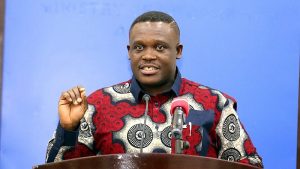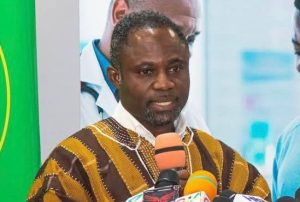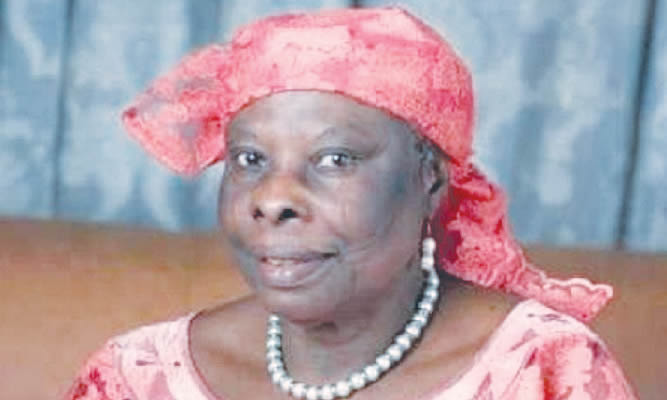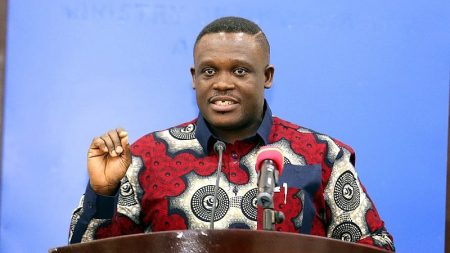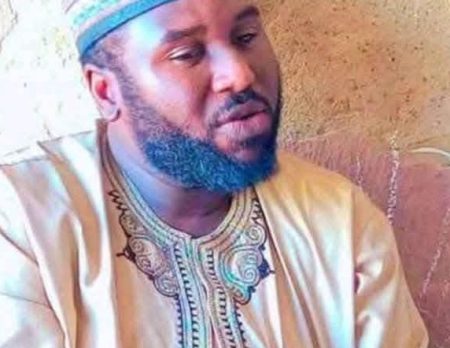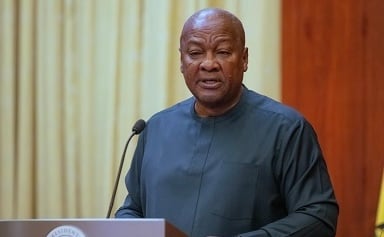Evangelist Lydia Idoko, President of Faith Women Fellowship Ministry International and wife of the late Chief Judge of Benue State, has underscored the critical need for fervent prayer and intercession for peace in Benue communities, Nigeria, and the world. Against the backdrop of escalating violence and unrest, particularly in Yelwata and other Benue communities, Idoko has called for a spiritual intervention, emphasizing the power of prayer to transform hearts and bring about lasting peace. Her call to action was delivered during a two-day intercessory prayer program themed “Standing in the Gap,” held at the ministry’s headquarters in Makurdi. The program focused on addressing the urgent need for divine intervention in the troubled areas, urging individuals to stand as intercessors on behalf of their communities and the nation.
Idoko’s message centered on the profound impact of prayer, highlighting its ability to influence individuals, leaders, communities, and global situations. She emphasized the importance of prayer as an expression of love, concern, empathy, and faith, particularly during challenging times. Drawing from Ezekiel chapter 22, she likened the current state of Benue and Nigeria to a situation requiring individuals to “stand in the gap,” acting as intermediaries between God and those in need of divine intervention. She stressed that prayer is not merely a religious ritual but a powerful tool for healing, restoration, and transformation, capable of impacting lives and communities on a profound level.
Idoko further elaborated on the multifaceted nature of prayer, emphasizing its role in providing comfort, strength, healing, restoration, and inspiration to leaders, families, communities, and individuals facing hardship. She expressed her earnest desire for prayers to become a channel of God’s grace and power, bringing positive change to the lives of those affected by conflict and unrest. Her message resonated with the need to go beyond individual prayers and embrace corporate intercession, uniting voices to amplify the plea for peace and healing.
The evangelist also extended her focus to the broader context of leadership and governance, expressing concern about the negative influence of sycophancy in Nigeria. She argued that sycophants, through their ill-advised counsel and corrupting influence, contribute significantly to the problems facing the nation. Idoko warned against actions that exacerbate existing challenges, emphasizing the importance of problem-solving and drawing a parallel with the ministry of Jesus Christ, who came to alleviate suffering. She stressed the need for individuals to be mindful of their contributions to society, advocating for positive action and discouraging behaviours that perpetuate conflict and instability.
Furthermore, Idoko called for prayers for leaders, recognizing the immense challenges and pressures they face in their roles. She highlighted the importance of supporting those in leadership positions through prayer, enabling them to lead with wisdom, integrity, and effectiveness. She also stressed the need for self-reflection and personal responsibility, urging individuals to examine their own actions and avoid contributing to the corruption of leadership. Idoko urged a shift in mindset from blaming leaders to supporting them through prayer, emphasizing the interconnectedness of individual actions and the overall well-being of society.
Finally, she emphasized the importance of unity, mutual respect, and empathy in addressing the nation’s challenges. She urged individuals to adhere to the principle of treating others as they wish to be treated, promoting understanding and cooperation. Idoko expressed her belief that God has not abandoned Nigeria and encouraged people to seek divine guidance rather than dwelling on the origins of the problems. She advised against worry and despair, emphasizing the power of faith and prayer to overcome adversity. Idoko’s message served as a call to action, urging collective responsibility and spiritual engagement in the pursuit of peace and stability in Nigeria and beyond.



